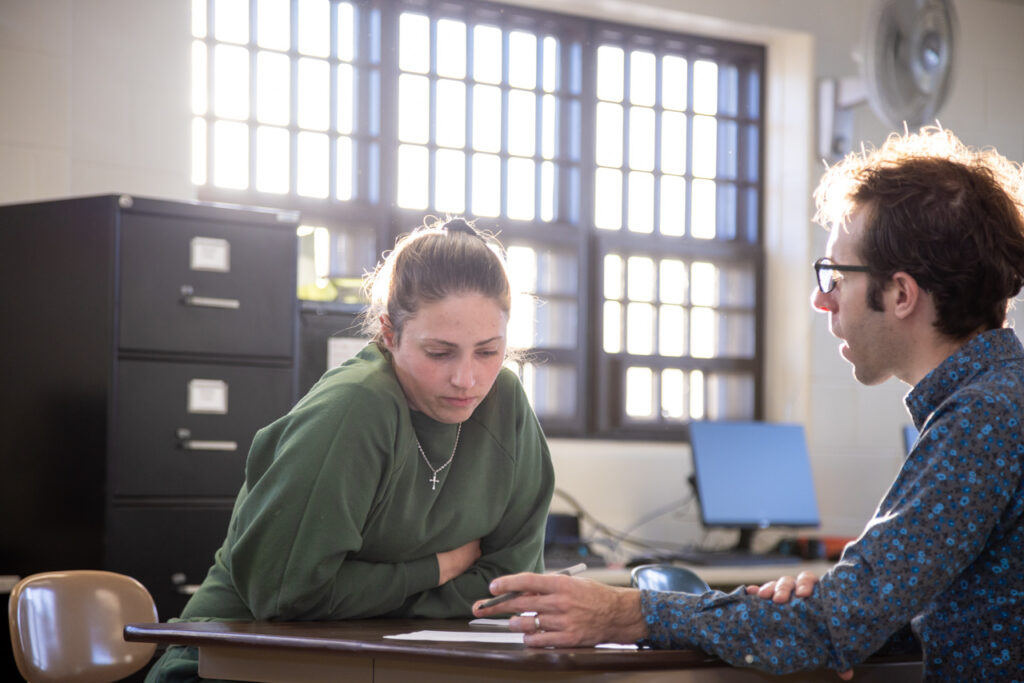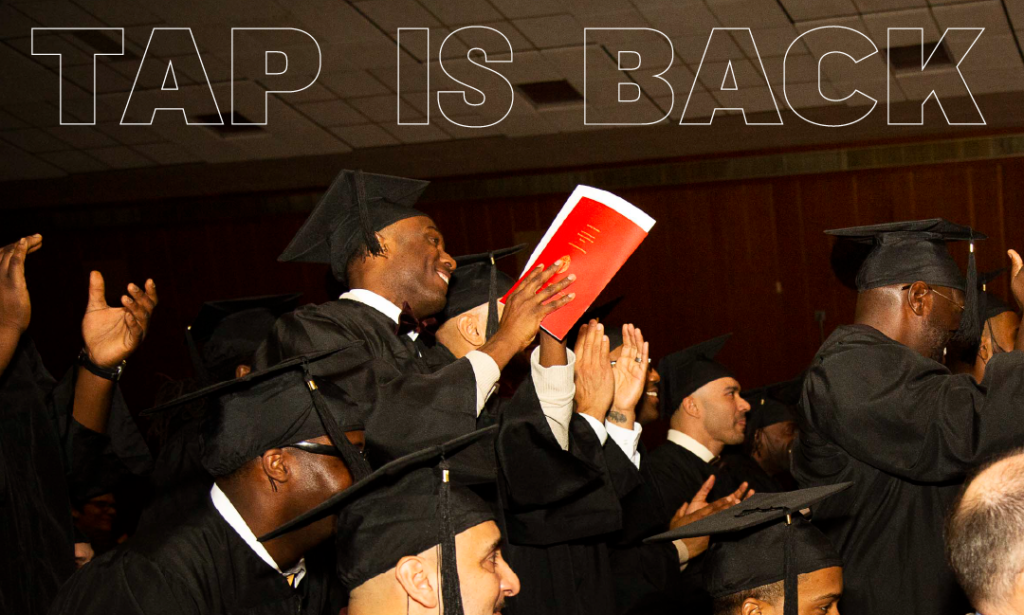Since the evisceration of education in prison in the mid-1990s, the fundamental goal in our field has been restoring baseline public funding and support for incarcerated students.
After 26 years, federal funding for incarcerated students via Pell Grants was restored in 2020, and advocates pushed for state-level funding to follow. Here in New York State, BPI co-led the movement with our friends at College & Community Fellowship and with advocates, educators, alums, and directly impacted communities to restore the Tuition Assistance Program (TAP) for incarcerated students. At last, in April 2022, New York State repealed its ban on incarcerated people receiving TAP grants.
Advocating for College-in-Prison
 “The Bard Prison Initiative is an inspiration, and an example of how we can protect the right to an education through our practice of justice in America and beyond. I’m proud that under my administration, the federal government expanded access to college in prison through the Second Chance Pell program. ” – President Barack Obama
“The Bard Prison Initiative is an inspiration, and an example of how we can protect the right to an education through our practice of justice in America and beyond. I’m proud that under my administration, the federal government expanded access to college in prison through the Second Chance Pell program. ” – President Barack Obama
The Return of Public Funding in New York
1994
The Violent Crime Control and Law Enforcement Act bans Federal Pell Grants for incarcerated students
2016
U.S. Department of Education Launches Second Chance Pell Pilot Program; BPI chosen as a Second Chance Pell partner
2020
With bi-partisan support, Pell Grant eligibility is fully restored for incarcerated students nationwide
2022
New York restores eligibility for incarcerated students to receive state Tuition Assistance Program funding
2023 – Present
BPI works with Consortium partners and college-in-prison programs across the country to support implementation of Pell Grants and works with other states to restore or establish public funding.
Fighting for a New Era
Beyond funding, BPI has championed critical policy changes that transform the landscape of college-in-prison in New York and beyond.


Back on the MAP in Illinois
After restoring Tuition Assistance Program funding in New York, BPI has been working closely with our partners in Illinois to push for the reinstatement of incarcerated students’ access to state financial aid, known as the Monetary Aid Program (MAP), to augment the return of Pell Grant access. Learn more about getting Illinois #BackOnTheMAP.

Merit Board Eligibility
BPI has been working with New York lawmakers to change Merit Board eligibility criteria so that incarcerated students with convictions classified as non-violent can be eligible for early release based on earning college credits. Currently, participation in a college program is not included as part of the Merit Board criteria. This inconsistency in the Correction Law disproportionately penalizes women who are more likely to have non-violent convictions and therefore more likely to be eligible for a Merit Board. These students often enroll in college, but as they get closer to release, learn that they must drop their college courses in favor of merit-eligible programs such as vocational training.
The amended bill was passed in the New York State Assembly in July 2020.

Limited Credit Time Allowance
BPI alumnus and Senior Government Affairs Officer Dyjuan Tatro ’18 has proposed an amendment to the state law governing the Limited Credit Time Allowance (LCTA) to expand time credits for incarcerated students so that individuals would receive a one-year time credit for each successive degree earned. As it now stands, only receive a single time credit, regardless of degree or number of degrees earned.
Julia Salazar (D, WF) 18th Senate District and Chair, Committee on Crime Victims, Crime and Correction is a sponsor on the amendment.
Learn more about the advocacy work being led by BPI alumni across the country.


